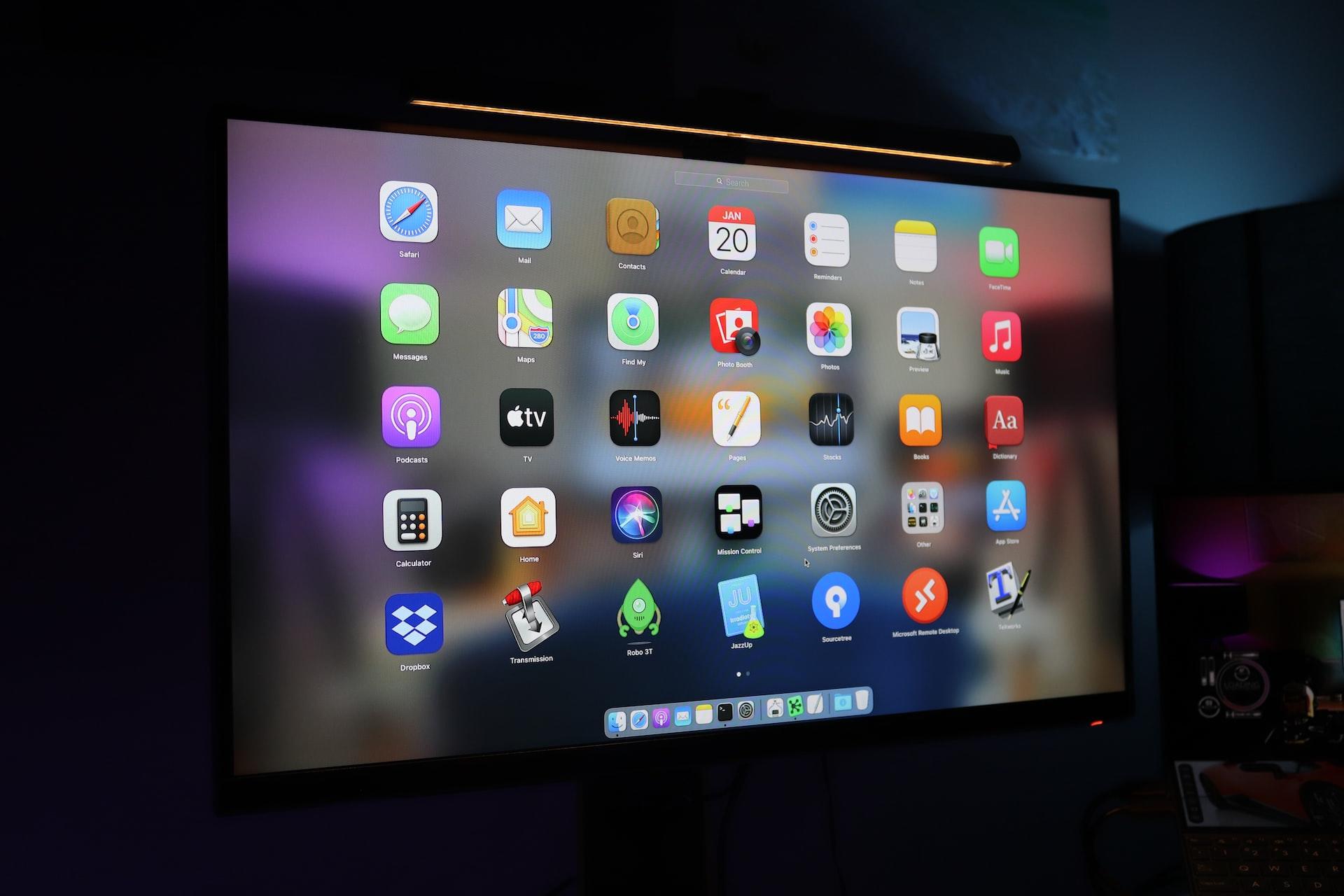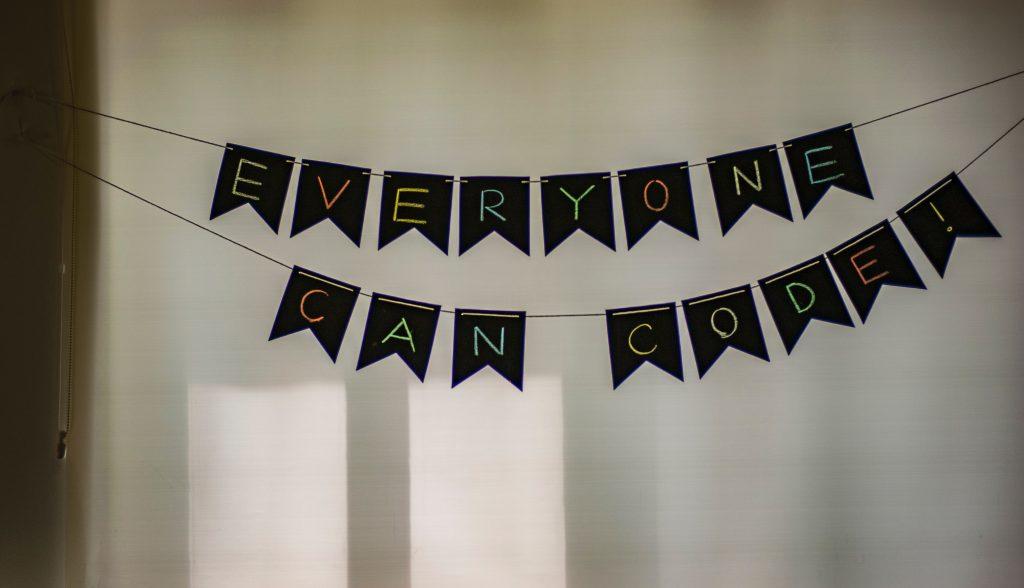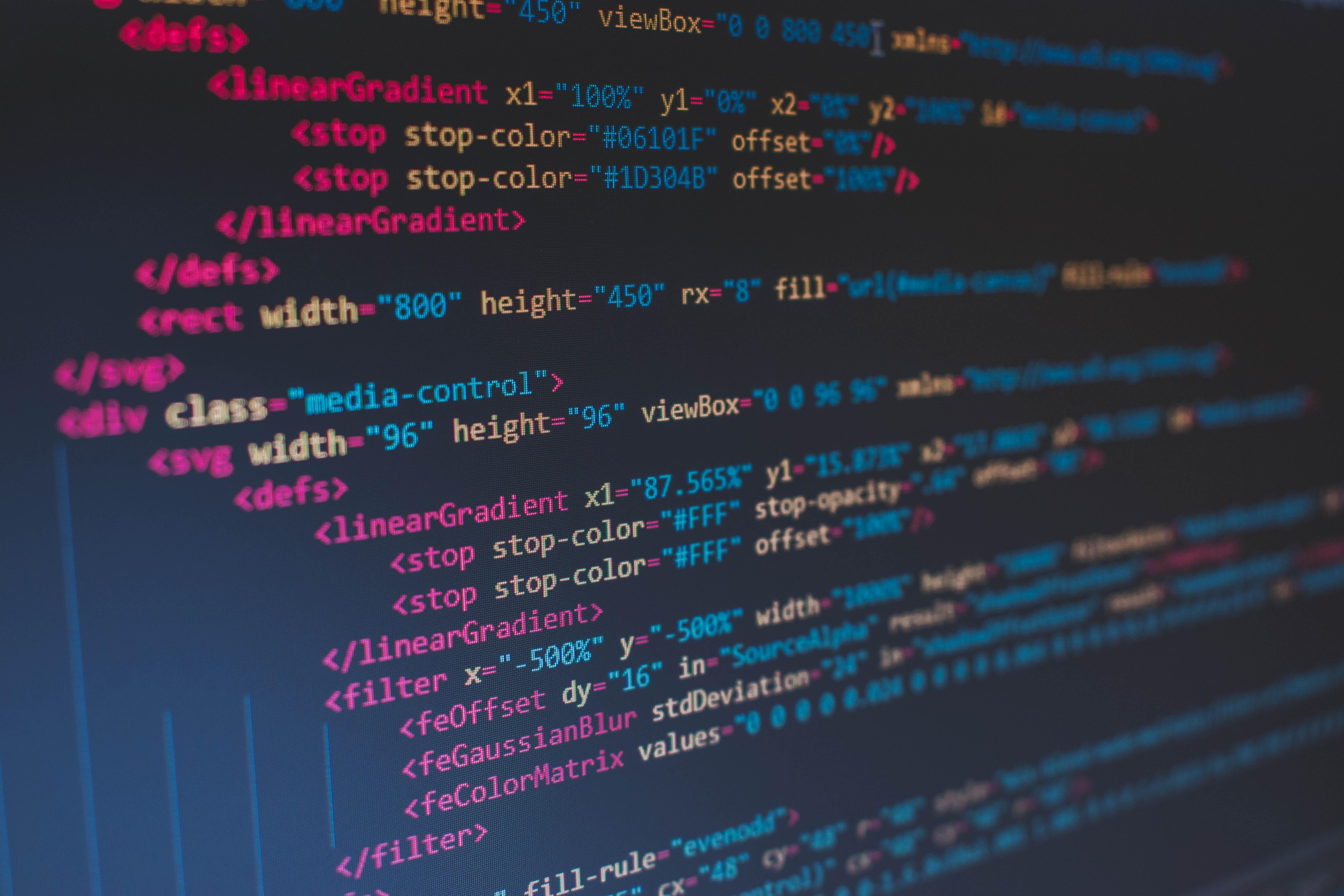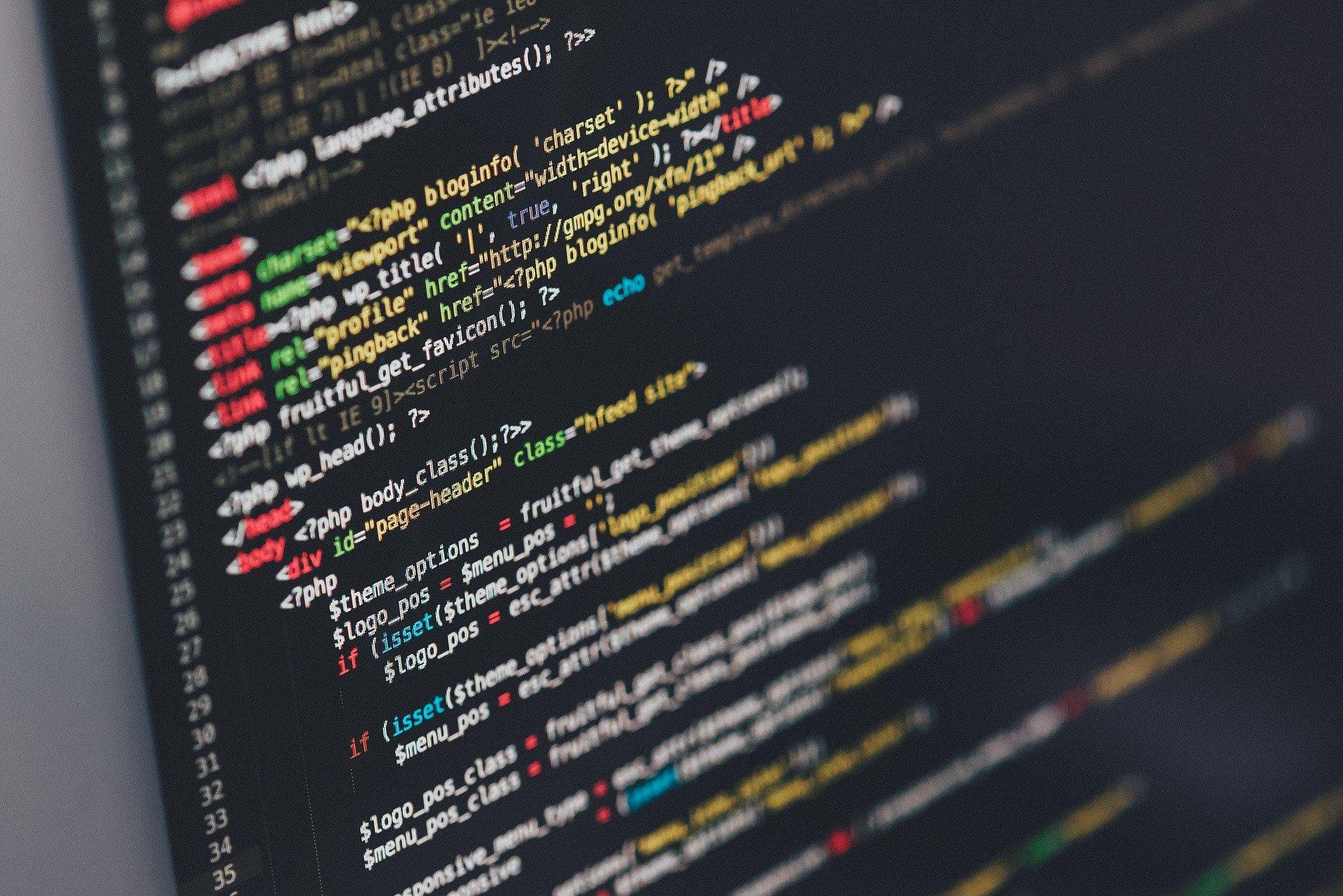You might think we're assuming a level of presumptuousness in telling you what you need to learn. However, where programming languages are concerned, we can back our assertions up with facts. If you know a programming language, you essentially become a visionary brain for hire.
Recall the not-so-distant past, when we were all stuck at home. Those who got to keep earning their pay were the ones with remote working skills. Well, they and medical personnel. All programmers need is a machine and an advanced level of programming knowledge. If they create a web-based application, they need an internet connection. That's it.
Technology and computers are the future of work. In fact, they underpin practically every job today. Even restaurant waitstaff aren't shielded; they have to use touchscreens and credit card readers. But why be an end-user when you could be a creator? These are the types of programming languages to learn for your best shot at a bright, productive future in programming.

Wide-Use Types of Programming Languages
Some people are simply efficiency maniacs. Rather than go through beginner courses to learn how to code, they head straight for the courses that will give them maximum programming skills in the minimum amount of time. If you're that type of beginner coder, the C programming language is for you.
Even if you've never written a line of code in your life, you've most likely used or have been exposed to a C language application. If you own a car with antilock brakes, credit the C language with ensuring your safety. Should you have ever flown on a plane, the C language was at the controls. The autopilot controls, that is.
The C language runs practically every embedded system such as those mentioned above. But this versatile language has many more applications. For instance, your computer's operating system is likely written in the C language. In fact, this high-level programming language was initially written as a system programming language. It just proved to be so useful that, soon, programmers were coding instructions for everything in C.
To this day - and despite its long history, the C language remains high on the list of most-used programming languages. It has been running in fierce competition with Java for that title ever since Java debuted, in 1995. Many of the newer high-level programming languages are, in fact, written in the C language. Let's go explore one now.

Top of the List of Coding Languages
When you talk with someone who wants to learn about computers and coding, Python invariably crops up. The Python Language is all the rage and has been for many years. Designed to be fun and easy to use, Python has many applications in the programming world.
A part of what makes Python so popular is its relatively small core language coupled with vast libraries of modules. Programmers writing in Python only need to search libraries like PyPi, SciPy or PyGame for the code they need to drop into their program. If you want to write code for a two-dimensional game, the last library is for you. SciPy has everything you need to write scientific computing programs. PyPi is the main repository for open-source software. That's where you go if you're not sure what you're looking for.
Python's main applications include robotics, machine learning and Artificial Intelligence (AI). Perhaps those aforementioned touchscreens are also Python-driven. This language sees a lot of action in programming graphical user interfaces (GUIs). In many ways, Python and the next language on our list are rivals in the same sense that the C language and Java are. You should learn why Python and Ruby battle for coding supremacy.

Coding Languages for Popular Applications
Have you ever rented an Airbnb or watched a YouTube video? Congratulations! You've accessed a platform that runs on Ruby. This high-level interpreted language is all over the internet, mostly thanks to Ruby on Rails, a web application framework written in the Ruby language.
Ruby is the brainchild and passion of software developer Yukihiro Matsumoto, known simply as Matz in programming circles. Unfortunately, this computer scientist's circle was fairly small until Ruby on Rails came along. However, in Japan, Matz is a legend.

He takes an unusual approach to programming and software development. Whereas many developers espouse a 'machine first' attitude towards coding, Matz believes that software should be written from a human perspective. Typically, developers write instructions based on what the machine will or will not do; how it will respond to the code it's running. Matz avers that machines are dumb; they'll do anything. A computer language has to be human-accessible so people can learn it and work with it.
'Flavours' of Matz linger all over the Ruby language. In an interview, he essentially said he wrote it to his personal tastes. He pulled elements that he liked from other programming languages and melded them into Ruby. He seemed to give up on predictability, at least for every other user save himself. And he didn't tailor the Ruby language to what the machine might do; he wrote it so he could have a language he wanted to work with. Would you like to work in Ruby too?
Types of Programming Languages for Data Management
Like it or not, our lives are data-driven. Every application on your mobile and every web-based platform you interact with is a data source. Governments and grocery stores and every type of business are ravenous data consumers. Statisticians work with data all the time; it's what their job is all about. Compiling, sorting, calling forth and analysing data. Have you ever wondered how they do all that?
The SQL language makes their work easy. SQL stands for Structured Query Language. It was written specifically for database management and usage. Any job that calls for database operations uses SQL. You may have, too. Have you ever built a table, defined what each column represents and entered information into each field? Whether you did so using Microsoft Office software or one of the open-source office suites, you've accessed an SQL program.
SQL is not an object-oriented programming language. It doesn't give computers instructions or procedural steps to follow. You won't be able to write software to run a game or any other executable program in SQL. All of this makes the SQL language sound about as useful as dry paint.
But it's an easy language that's well worth learning. As mentioned before, our world is data-driven. The collection, allocation, management and use of data are never-ending. Isn't it great, then, that you could learn a relatively simple, functional programming language? One with a straightforward syntax that can practically guarantee you a solid career? Database management systems might not sound like they're cutting-edge cool but learning the SQL language means your skills will be in high demand.

Which Coding Languages Should I Learn?
Figuring out which coding language you should learn isn't easy. It depends a lot on what type of career you want. If, at this time, you only know you want to work with computers, learning basic skills should help. Maybe a functional language like the C language - or any language based in C like Python or Ruby could help you get started.
If you want to become a web designer - to create web pages with functional layouts, you should absolutely learn Hypertext Markup Language (HTML). Of course, you could hardly create a decent web page without Cascading Style Sheets (CSS) and JavaScript. JavaScript dictates how the web page behaves while CSS dictates the page's presentation.
In fact, whether you see your future in software development or creating the next big object-oriented language, it's imperative to learn HTML, CSS and JavaScript. They will help you to understand every other computer language you might want to learn later. And you'll learn how a scripting language works within a document to make it more functional.
If you're keen on science - AI development and robotics, avail yourself of all that Python has to offer. Developers are making great strides in machine learning; self-driving cars are just one aspect of such. As a Pythonista, you might help bring about the next big development in automation or robotics. And if you're more interested in science or maths, SciPy and NumPy are yours to explore and use.
On the other hand, you might appreciate the relative simplicity and elegance of SQL. This language's statements and expressions underscore its functional nature. As the market for data specialists continues to grow, you may find steady work in any field that calls for data management skills.
And finally, we come to game creation. If you want to create amazing action games, you'll need to learn C++. It's one of the fastest programming languages; it will readily support both rich graphics and rapid-fire action sequences. This is just an overview of the many programming languages you could learn. Talking with a Superprof programming tutor could help you settle on which one would be best for your goals.
Summarise with AI:

























